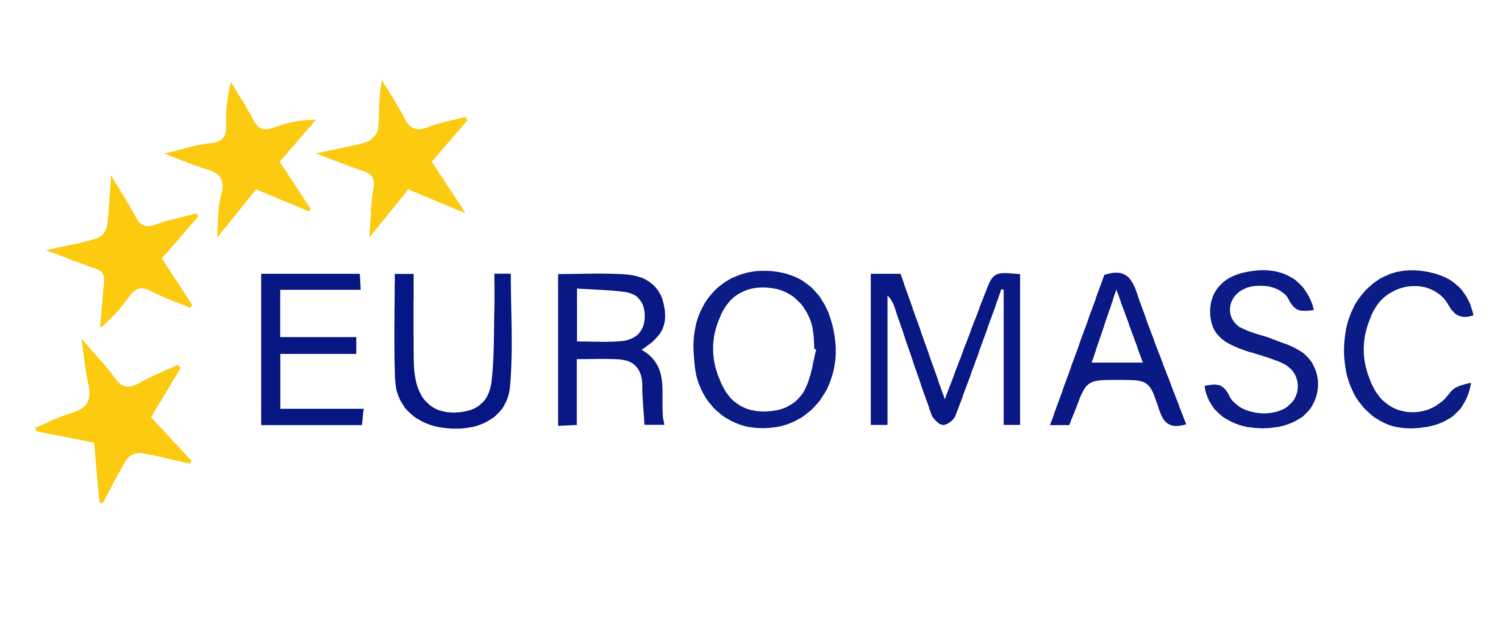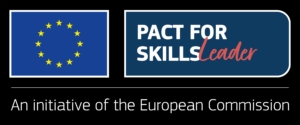
Comparison and development of skills and competences in the green sectors, EQF levels 2-6, Learning Outcome based qualifications
NTI-MMM: Multilateral Monitoring and Management (www.ntim.eu ): 601226-EPP-1-2018-1-NO-EPPKA2-SSA – Green Mastery
Erasmus+ KA2 Sector Skills Alliance (2019-2021) NO, AT, BE, DE, EE, ES, FR, NL
The green sectors cover a broad range of occupations from floristry and green production into gardening and landscaping. The emerging effects of climate change, the restructuring of retail and a diversity of new approaches to design, development and delivery of green services are all challenging the involved companies – usually small and medium sizes enterprises – as well as training providers and certification organisations.
With the rapid development in “environmental changes”, both in direct physical climate conditions as well as in a business perspective, the requirements for entrepreneurship, new operational modes and technical and technological adaptations documents the need for the present GreenMastery project.
The SMEs are all dependent upon a qualified workforce and where the required qualifications may be experienced as different between countries. However, experience from previous studies and projects, like the SME Master, YEBISU and VocFlo, show that the core functions are to a substantial degree overlapping, but where national qualification descriptions and curriculum specifications are often hindering transparency. To unfold these hidden treasures the GreenMastery project will implement the ECVET principles and describe the qualifications through comparable matrixes of learning outcomes specified as competence, skills and knowledge.
The GreenMastery project is therefore targeting the enhancement of transparency in the context of master craftsperson qualification for skilled crafts in the green sectors. Covering apprenticeships, journeyman certificates and master certifications, the project will bridge through the levels 1-6 in the EQF structure.
Three different occupations will be directly addressed: Floristry, Gardening and Landscaping – all having a structured ladder from apprenticeships to certifications of mastery in several European countries. With the operational characteristics of these occupations a close cooperation between the SMEs and the training providers will also secure that work based learning will be taken into account when bridging from a qualification definition to the educational and didactical implementation.
One of the operational characteristics of the green sector is the mix of formal, non- and informal learning picked up and aggregated through life. For this reason a special attention will be given to how these experiences can be assessed, validated and recognised regardless of learning pathway and being matched with the qualification definitions expressed in the matrixes.
With the selected occupations and their qualification definitions at a Master of Skilled Craft level (Meisterbrief, Mesterbrev, Brevet de Maîtrise) it is expected that there will be some overlaps between the different units of learning outcomes in the respective definitions. Identifying these overlaps may open for possible transitions between different education and learning pathways. These situations will be examined to secure that available permeability options between occupations are identified and opened – also as transparency measures in a transnational setting.
A main impact of the project should be in supporting the recruitment to, and the operation and development of the sectors’ small and medium-sized enterprises. As entrepreneurs and trainers of tomorrow’s master craftsperson the project participants will be an important contributor to transnational learning mobility between the respective countries participating – reviving parts of the Hanseatic Wandergesell tradition.
The aim of the project will be to provide learning outcome oriented descriptions of master craftsperson qualification in different countries providing transparency and recognition towards a European Master of Skilled Crafts certificate. In line with the European intentions and the Erasmus+ guidelines a joint study programme targeting a vocational / professional bachelor will be set up.
The multilingual options in the Skillsbank tool will make the individual attainments, competence profiles and certifications available in several languages.

This project has been funded with support from the European Commission. This publication reflects the views only of the author, and the Commission cannot be held responsible for any use which may be made of the information contained therein.

